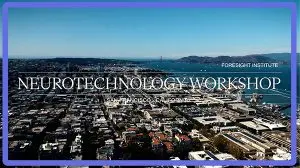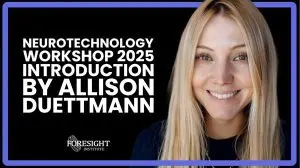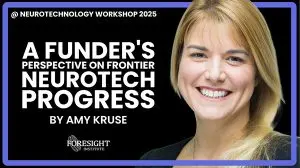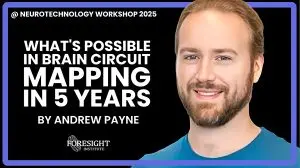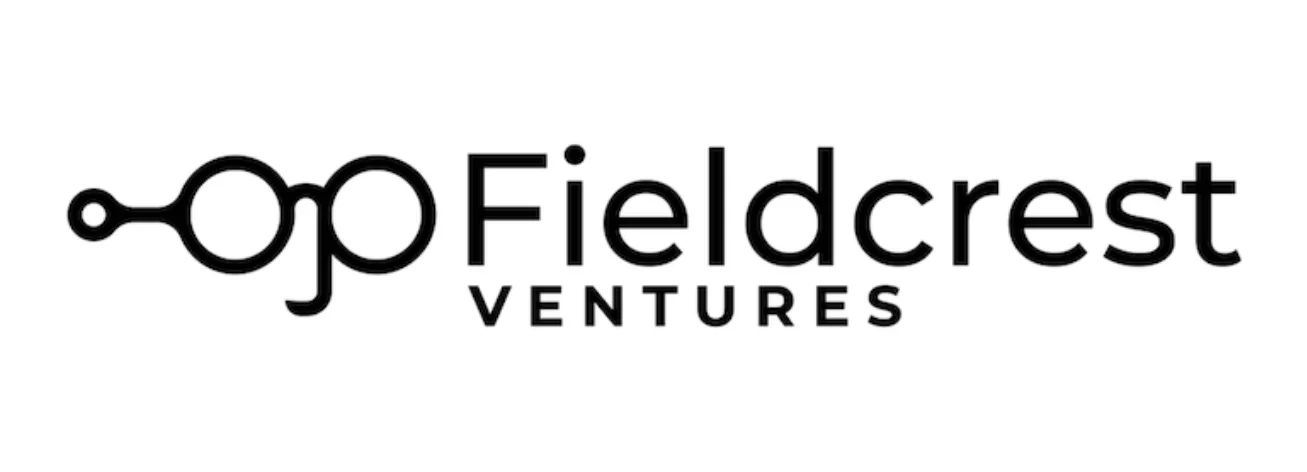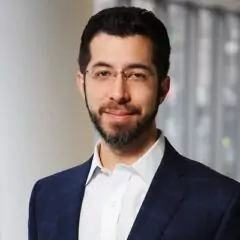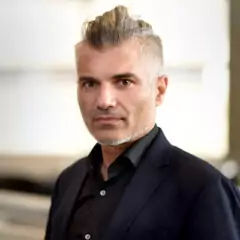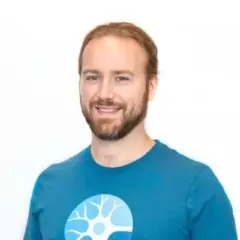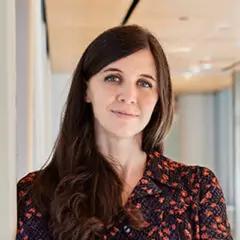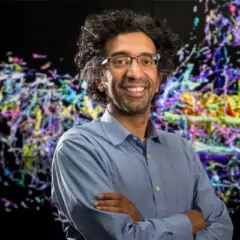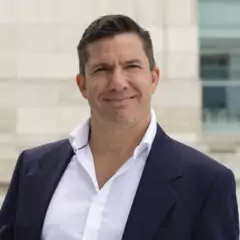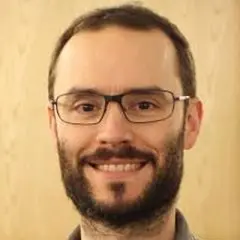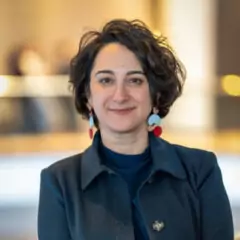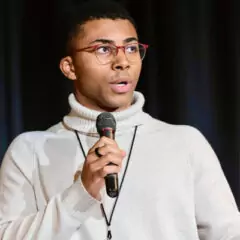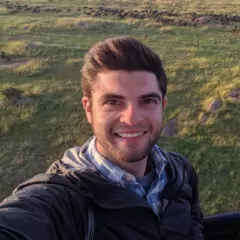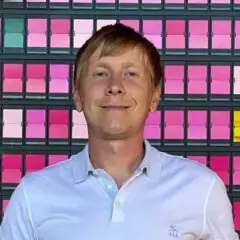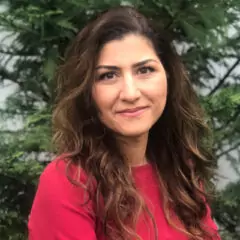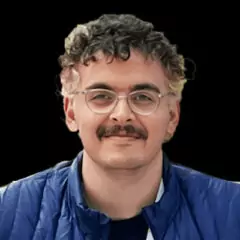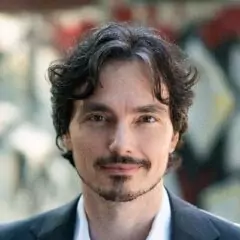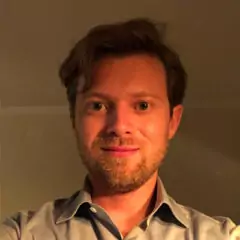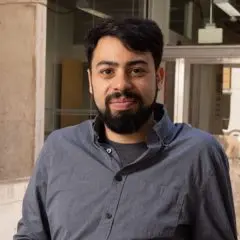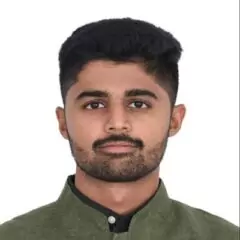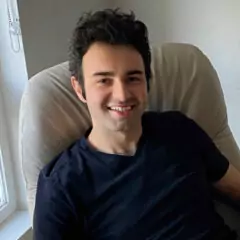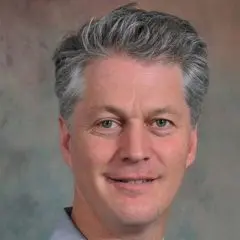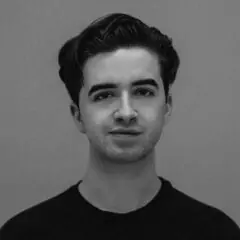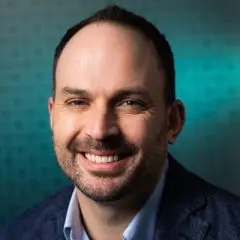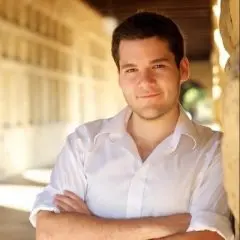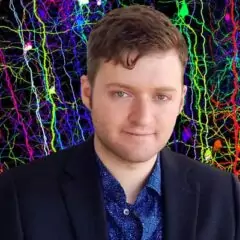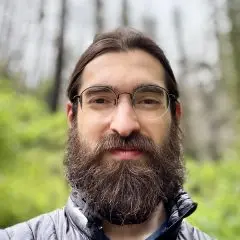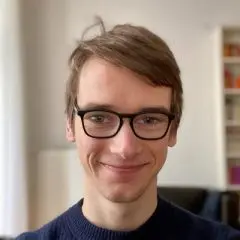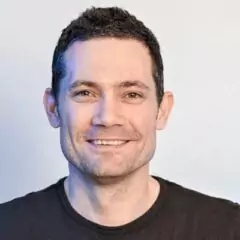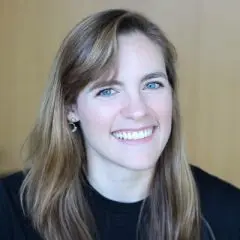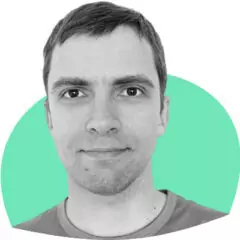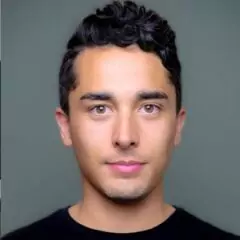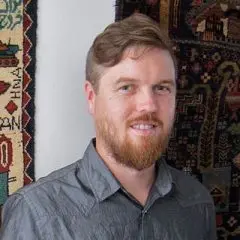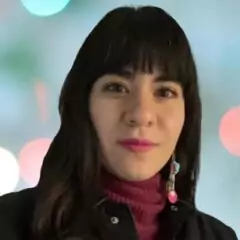Neurotech Workshop
If feasible, breakthroughs in frontier neurotechnology, such as brain-computer interfaces (BCIs) and whole brain emulations (WBEs), could offer numerous benefits, including life-saving medical applications to insights into consciousness and human flourishing. Frontier neurotechnology may also offer promising approaches to tackle the threat of Artificial General Intelligence (AGI) by providing tools for humans to better collaborate or compete with AI systems or by offering insights into how to build more human-like AGI.
Progress in BCIs and WBEs has historically been bottlenecked by the sheer challenging nature of the scientific problems involved, institutional constraints, academic straight jackets, and a lack of funder appetite to support sci-fi sounding goals. However, recent advances in AI have not only made frontier neurotechnology more urgent as possible AI defense strategy, but also rapidly opened up new routes for neurotech progress.
Foresight Institute’s annual neurotech workshop gathers those advancing the frontier of neurotechnology to create common knowledge about capabilities in the field, align on goals, and coordinate on solving outstanding bottlenecks. Participants include a tightly curated set of 60 leading scientists, builders, programmers, funders, and institutional allies.
Format
The workshop features brief talks by selected speakers, and an unconference-style working group session for project collaborations. It closes with project proposal presentations that are eligible for funding by Foresight’s grants, and may be considered by other funders present at the meeting.
Your participation should offer new insights supporting your immediate work, lasting long-term collaborations on shared goals with leaders in the field, or the incubation of novel, fundable projects to drive progress at the frontier.
The workshop discussions are Chatham House Rule (don’t connect people to ideas when discussing them outside of this workshop), apart from some of the presentations which will be recorded.
Workshop videos
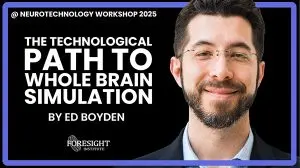
Ed Boyden | The Technological Path to Whole Brain Simulation @ Neurotechnology Workshop 2025
Ed Boyden

Ann Kennedy | Behavior Policy Distillation through Forecasting @ Neurotechnology Workshop 2025
Ann Kennedy
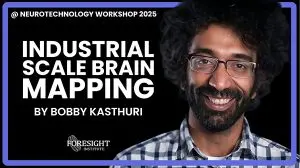
Bobby Kasthuri | Industrial Scale Brain Mapping @ Neurotechnology Workshop 2025
Bobby Kasthuri
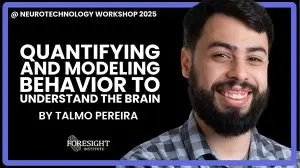
Talmo Pereira | Quantifying and Modeling Behavior to Understand the Brain @ Neurotech Workshop 2025
Talmo Pereira
Presenters
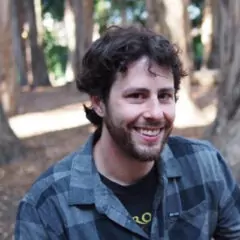
Alan Mardinly
Science
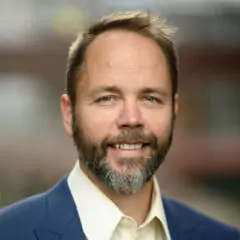
David Sussillo
Meta Reality Labs
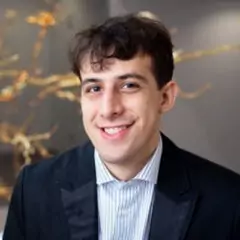
Michael Skuhersky
MIT
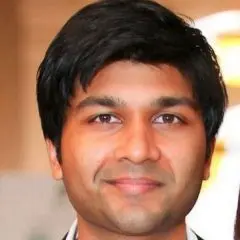
Viren Jain
Participants
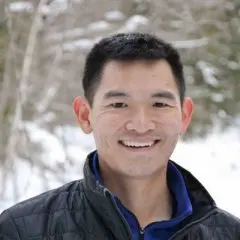
Andrew Woo
Protocol Labs
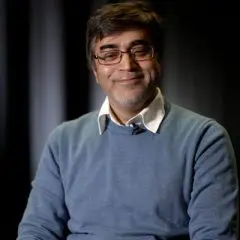
Anishur Rahman
University of Warwick
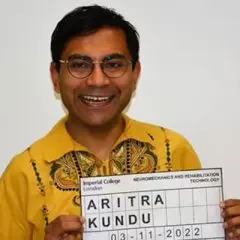
Aritra Kundu
Imperial College London
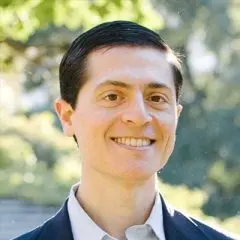
Ben Rapoport
Mt Sinai
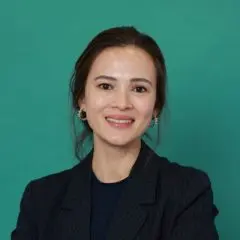
Christina Maher
The University of Sydney
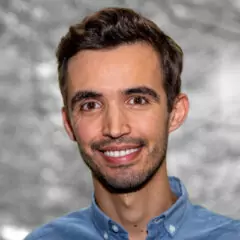
Diogo Lucerno
AE Studio
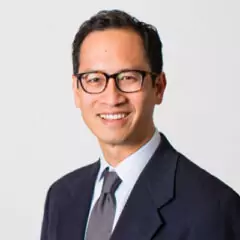
Edward Chang
Chang Lab, UCSF
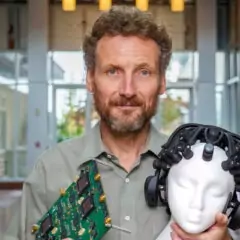
Gert Cauwenberghs
UC San Diego
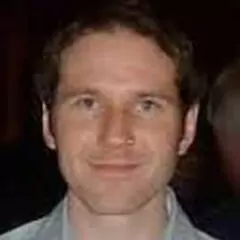
Gregg Wildenberg
University of Chicago
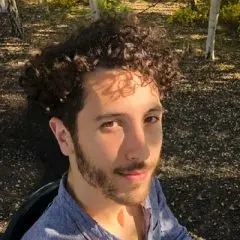
Guillem Monsó
Eindhoven University of Technology
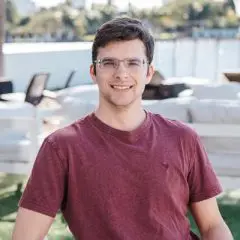
Jack Kendall
Rain Neuromorphics

Jay Coggan
NeuroLinx

Joel Ye
CMU
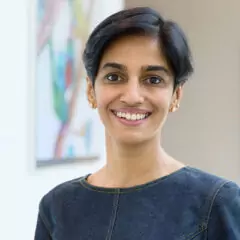
Kanaka Rajan
Harvard

Kevin Boergens
The University of Illinois Chicago
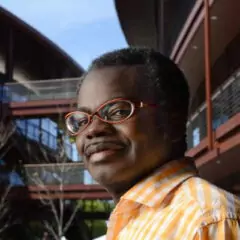
Kwabena Boahen
Stanford University
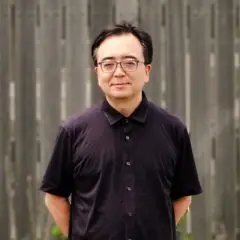
Makoto Fukushima
Honda Research Institute Japan
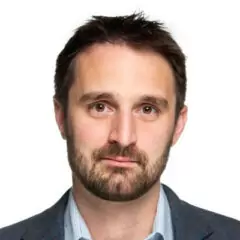
Matt Angle
Paradromics, Inc.

Matthew Botvinick
Google DeepMind
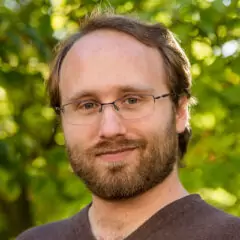
Matthew von Hippel
e184
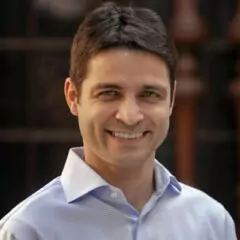
Mikhail G. Shapiro
Caltech
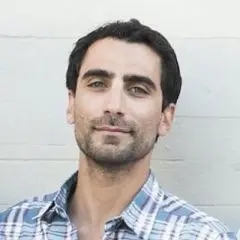
Navid Farahani
Neuralink
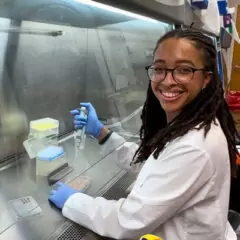
Paris Brown
Duke Institute for Brain Sciences
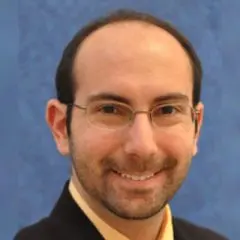
Paul Nuyujukian
Stanford
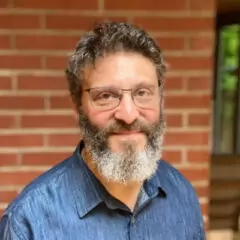
Philip Sabes
Integral Neuro
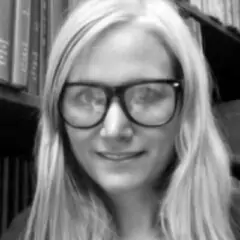
PK Douglas
Neurotrust AI
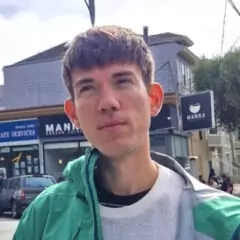
Richard Csaky
Independent
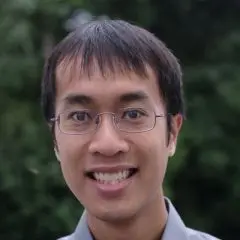
Ryan Ly
Lawrence Berkeley National Laboratory
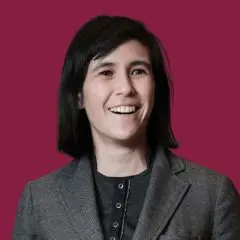
Sharena Rice
Sanmai Technologies PBC
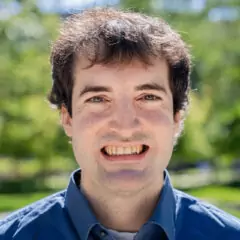
Stephan Ihle
University of Chicago

Stephen Restaino
Catalyst Advisers

Suraj Gowda
Augmental
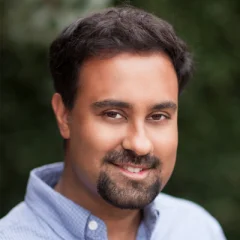
Surya Ganguli
Stanford University
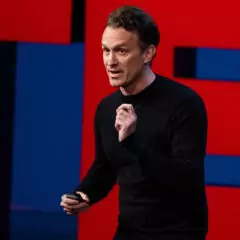
Tom Oxley
Synchron, Inc.
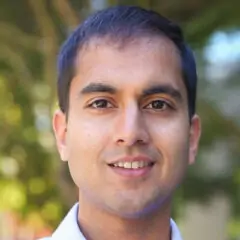
Vikash Gilja
UC San Diego

Xiao-Jing Wang
New York University
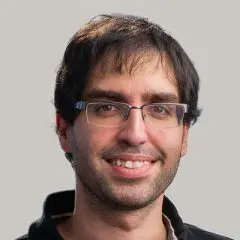
Yakov (Kobi) Gurkan
Bain Capital Crypto
